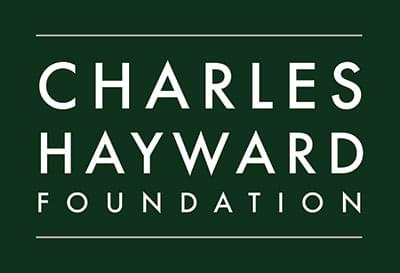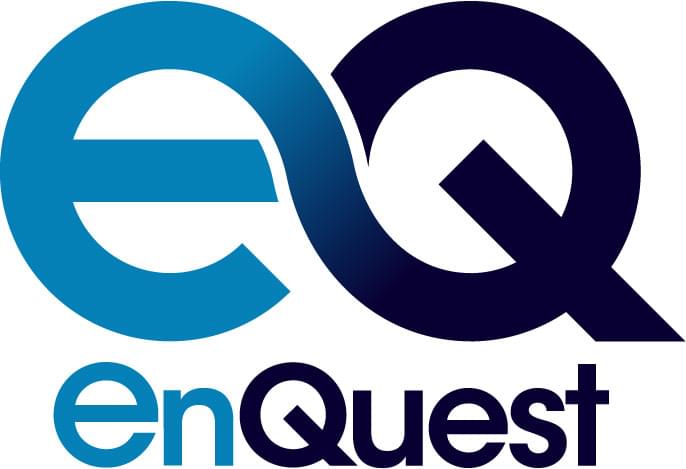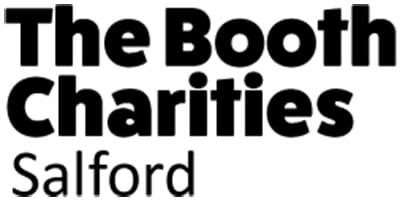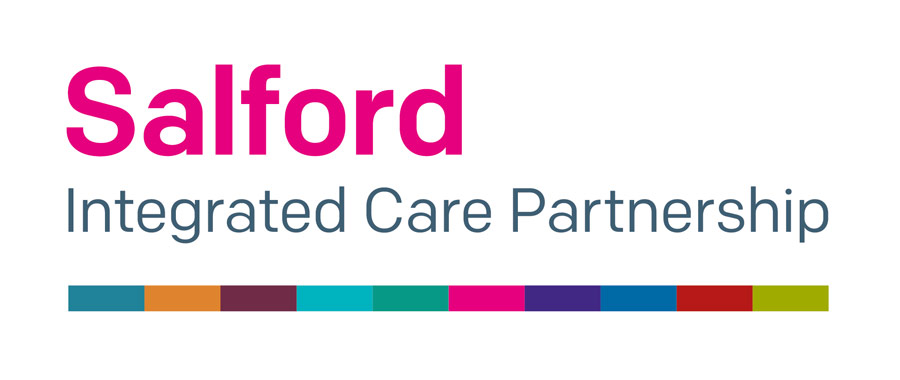Duty of Care vs Can of Worms
An issue I would like to raise, and would appreciate comments on and hearing people’s experiences on, is an issue that’s plagued me for years. And has been skirted around and not even poked with a stick since first entering services 18 years ago. And this is men who have a been a victim of childhood sexual abuse.
Fortunately for me I have since found We Are Survivors when looking for a detox support worker three years ago.
You would think that as a result of my off the rails behaviour from being young (from running away from home/school to finally addicted to drugs) someone would have thought, “What is up with this boy/man?”
It was a question that nobody had ever asked whilst I was in services for nearly 20 years, “Are there any childhood abuse issues?”
It seems some, if not all, professionals are afraid to broach the subject – through taboo reasons or no confidence in their own skill base. Or not utilising the training they should have been given.
This issue was the main reason for my drug taking. I was trying to mask and cope with what had happened. I personally believe me taking drugs was the smartest move I ever made, to work out that if I self-medicated it suppressed my issues for a time. Whilst high or low, or mostly sideways, I didn’t have to deal with what had gone on.
I understand it wasn’t the healthiest way to deal with it, but it did stop me from committing suicide – a smart move on my part at the time. Talking therapies, and a skilled worker just doing his job he is payed for, I now know is the answer.
From my own personal experience I would say I have come into contact with more people who have the issue of being sexually abused when a child who are using drugs, than have not. And this seems to be the driving force behind a lot of people using and the misery that entails.
Maybe it should be a question on the comprehensive assessment form when someone first presents in services. Obviously it’s a sensitive subject and should be dealt with at one’s own pace. I just hope workers would have a bit more confidence in their own abilities and not shy away from this issue.
How can you possibly, as a worker, support someone who wants to stop using drugs if you don’t discuss, or approach, or signpost someone in the direction where they can get help? How can you offer treatment if you don’t deal with why they are using in the first place?
Surely this is basic, otherwise the whole care pathway and plan is a sham. Surely workers have a duty of care to support their clients as best they can?
Personally, lucky for me, I found a skilled worker through Lifeline and We Are Survivors. Since addressing this issue I’m well on the path to dealing with it and have stopped using since getting the correct support.
There are good skilled workers in the services that are competent in this area, but in my personal experience they are few and far between.
Article first published on Wired In
















